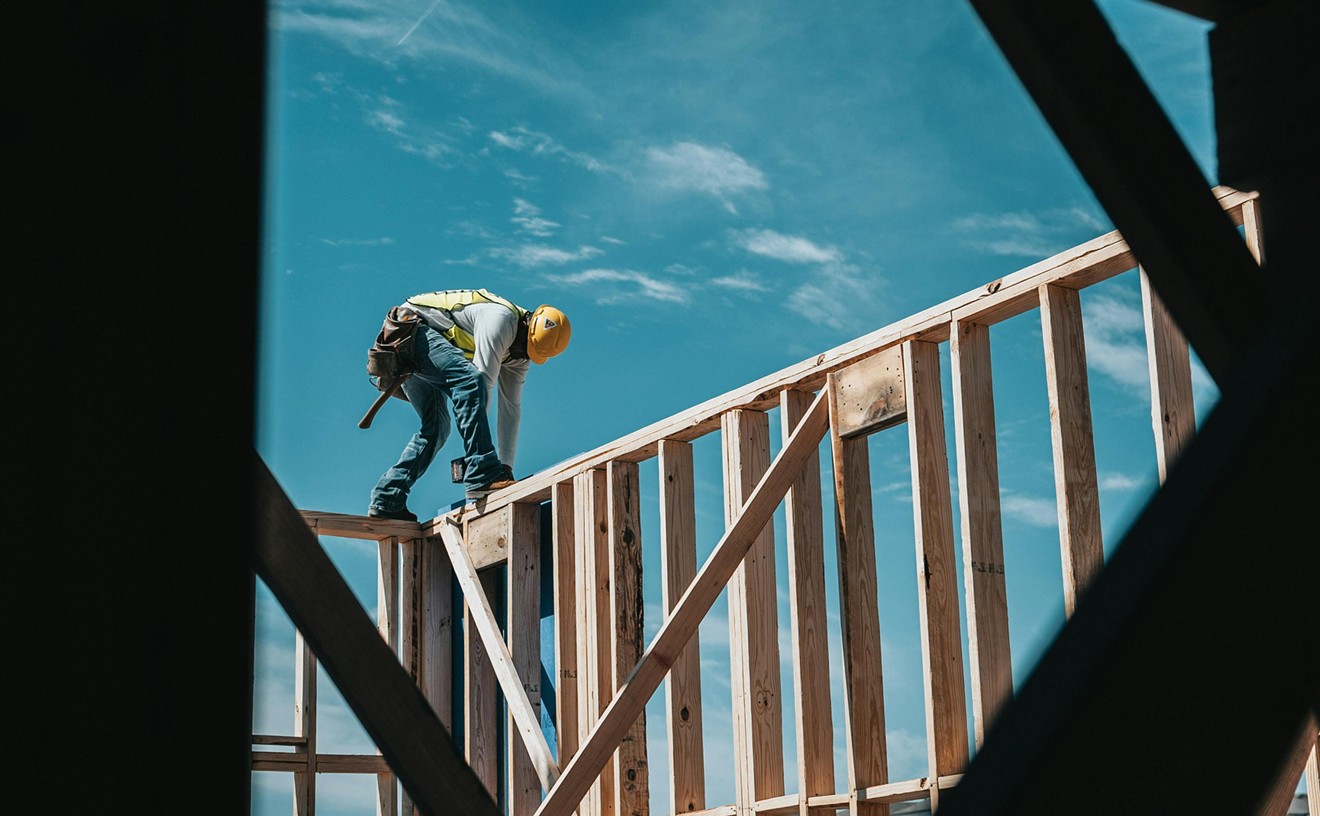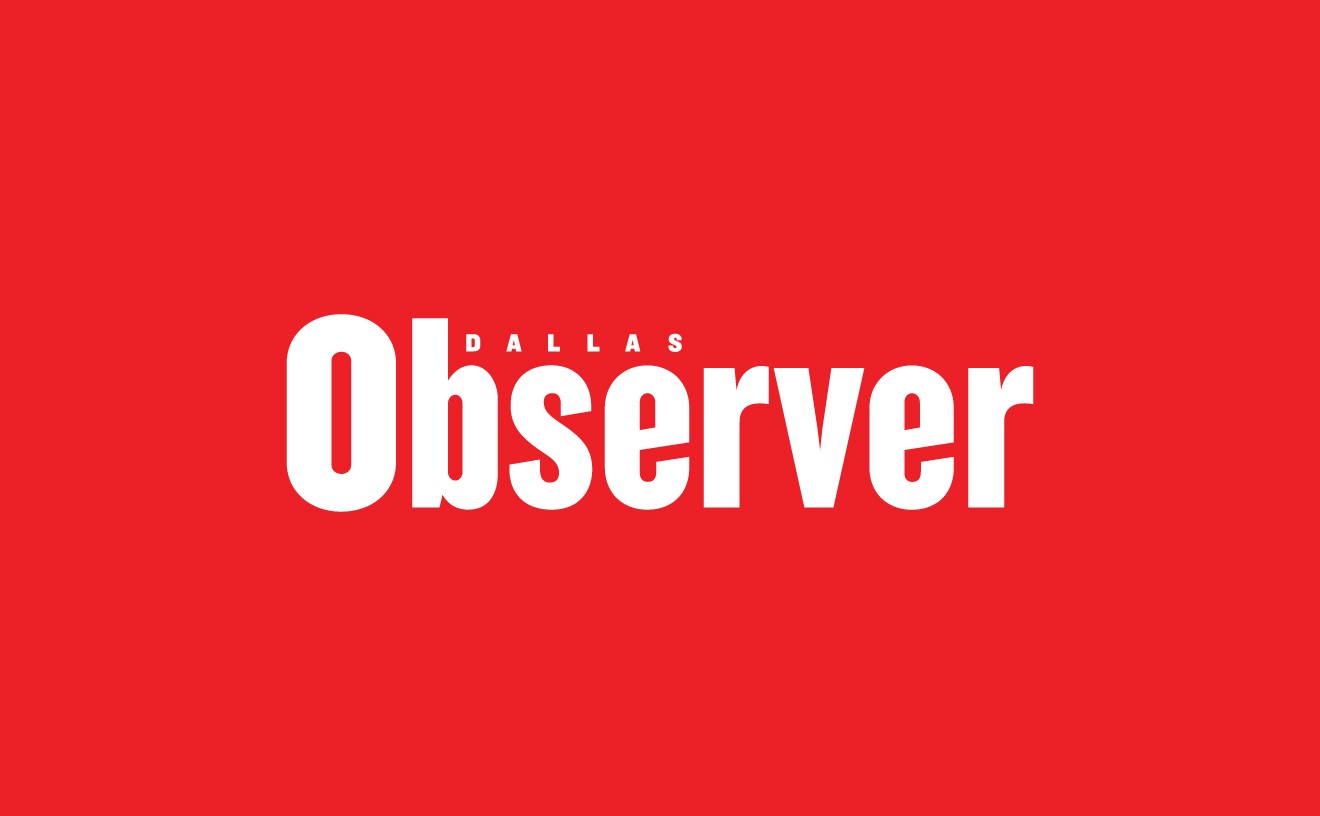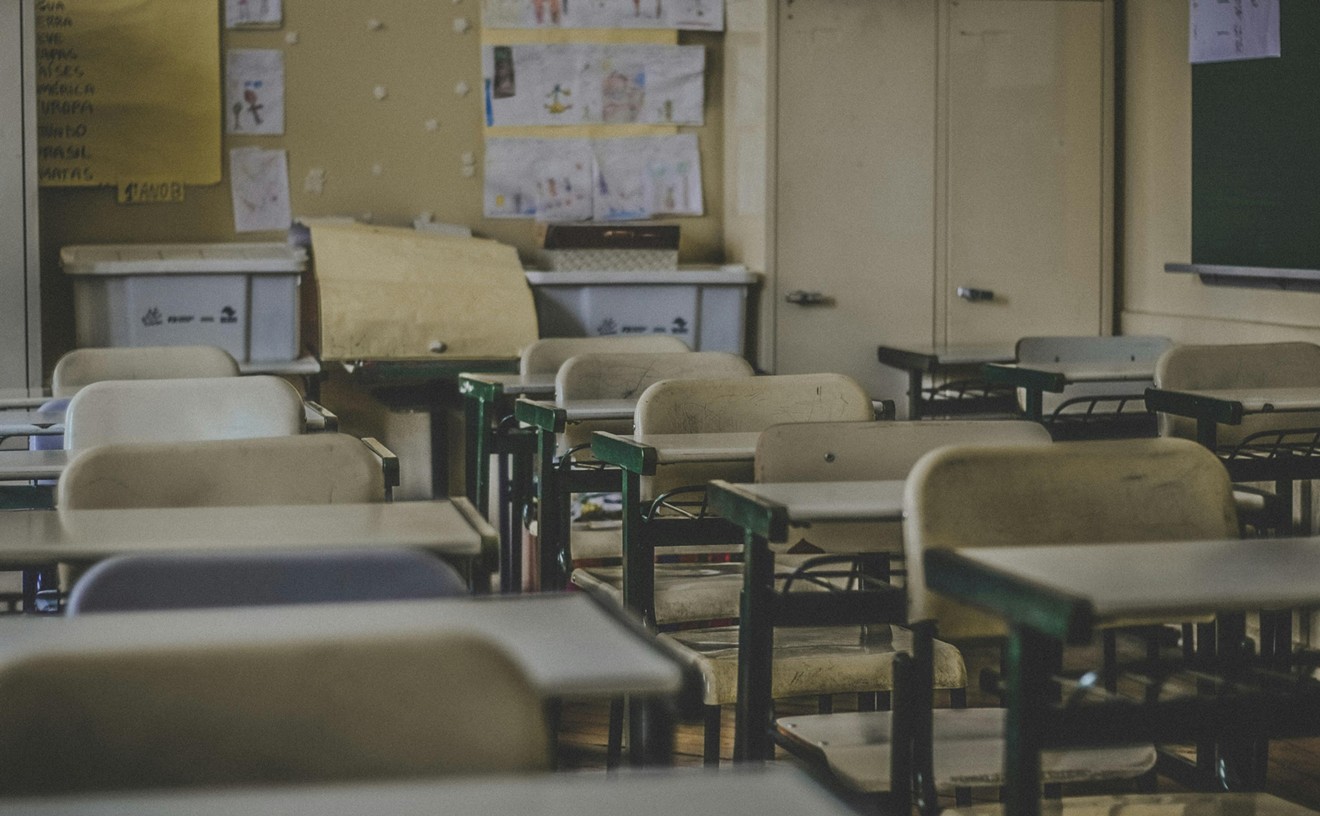But without any action by Congress, the ACP will run out of funds by April, leaving millions without much-needed internet access at home.
The Federal Communications Commission, which runs the ACP, is winding down the program and will continue doing so unless it gets more funding. As part of the process, no new enrollments will be accepted after Feb. 7. Participants will receive a notice explaining that the program is ending and the expected impact on their bill.
Estefania Ramirez, digital equity coordinator for the city of Dallas, told the Observer she’s heard the program has helped kids get connected to the internet to do school work. If the program ends, Ramirez said the city is hoping internet service providers will have low-cost internet plans for those who might lose their subsidy.
But Genesis Gavino, chief of staff to the city manager, told the Observer that’s not likely to happen and that there aren’t any alternatives to the ACP. “There’s no other source or program that would provide a subsidy that is from the federal government, and the city doesn’t have one either,” Gavino said.
Gavino, who oversees the city’s digital equity efforts, said if the program ends, people who were using it might have to start making tough decisions. “They will make the choice of 'do I keep this or that?' and potentially internet subscriptions would be at the bottom of what their priority is,” Gavino said. “Then that creates a lack of connectivity in the home, so then people can’t work from home or people can’t complete their educational needs in the home. So, it’s this cascading effect of things that you’re unable to do from the comfort of your home.”
She said during the height of the pandemic, people were having to source W-Fi by sitting in parking lots using a business’ connection, going to the library or checking out hotspots. “All of this requires additional resources,” Gavino said. But people may have to start doing this again if they lose their subsidy.
According to a Jan. 12 memo from City Manager T.C. Broadnax, Dallas has been working closely with partners across the state and nationally to encourage Congress to take action and add funding to sustain the program. Others have been too. FCC Chairwoman Jessica Rosenworcel sent a letter to the U.S. Senate Committee on Commerce, Science, and Transportation urging Congress to further fund the ACP.
“At this point, more funding is urgently needed to keep the ACP in place, so that it can continue to support the households that rely on it and reach others that may be on the wrong side of the digital divide,” Rosenworcel said in the Jan. 8 letter. She pointed out that President Joe Biden’s Administration has requested an additional $6 billion for the program so that it could be extended to the end of 2024.“I can easily attest that as a disabled veteran on a fixed income, every dollar matters at times." – Jesse Williams, Austin resident
tweet this
“If Congress does not provide additional funding for the ACP in the near future, millions of households will lose the ACP benefit that they use to afford internet service,” she said.
About 1,700 internet service providers could also be affected and cut off service to households that are no longer supported by the program, she said.
“In summary, the ACP is in jeopardy and, absent additional funding, we could lose the significant progress this program has made towards closing the digital divide,” she said. “Yet we have come too far with the ACP to turn back.”
A group of bipartisan mayors from across the country also wrote to Congress on Jan. 16 urging members to fund the ACP. Dallas Mayor Eric Johnson was not among the signers. However, the mayors for Arlington, Brownsville, Desoto, Fort Worth, McAllen and Houston did sign the letter.
“Having quality and affordable broadband has become essential in America,” the mayors wrote in their letter. “High-speed internet is a necessity for almost every American, connecting people to educational opportunities, telemedicine, and of course, opportunities for work and entrepreneurship.”
They said extending the program will help close the digital divide in the country. “As America’s mayors, we stand ready to continue our support for this program and look forward to continuing this important work to ensure that everyone has access to quality and affordable broadband,” the letter said.
Jesse Williams, a Navy veteran and Austin resident, told the Observer he is enrolled in the ACP. He said he’s been on the program for about four months, and the subsidy he receives helps him pay for groceries. He and his family, like many others, rely on the internet for a variety of reasons. “I can easily attest that as a disabled veteran on a fixed income, every dollar matters at times,” Williams said. “For veterans in the VA health system the online portal is the best way to get interactions and healthcare documented to maintain accountability. Meaning that internet is a necessary part of the care process.” His son also uses the internet for school work.
Not everyone is so thrilled with the program, however.
U.S. Senators John Thune (R-S.D.) and Ted Cruz (R-Texas), as well as U.S. Reps. Cathy McMorris Rodgers (R-Wash.) and Bob Latta (R-Ohio), wrote to FCC Chairwoman Rosenworcel on Dec. 15 regarding the ACP.
In their letter, the lawmakers raised concerns about the program’s effectiveness in connecting nonsubscribers to the internet. “While you have repeatedly claimed that the ACP is necessary for connecting participating households to the internet, it appears the vast majority of tax dollars have gone to households that already had broadband prior to the subsidy,” the letter said.
It said that during her Nov. 30 testimony before the House Energy and Commerce Committee, Rosenworcel suggested that 25 million households could be unplugged from the internet if the ACP wasn’t funded further. The lawmakers called these statements speculative.“They will make the choice of 'do I keep this or that ?' and potentially internet subscriptions would be at the bottom of what their priority is." – Genesis Gavino, city of Dallas
tweet this
During her testimony, Rosenworcel said the Universal Service Administrative Company (USAC) found that 20%-22% of those who received an ACP subsidy didn’t have internet before the program. Previous FCC surveys found that number to be even lower, around 16%, according to the lawmakers’ letter.
“The program’s record of targeting taxpayer subsidies to consumers who already had broadband is further apparent in the FCC’s enrollment numbers: The number of households in the ACP – approximately 22 million – far exceeds the 16 million unconnected households according to 2021 Census data,” the letter said.
When asked about this, Rosenworcel dismissed the lawmakers’ concerns, saying that Congress did not require broadband providers to ask subscribers whether they paid for internet before the program.
“You claimed, therefore, that any data on the ratio of new subscribers to subscribers who previously paid for broadband prior to ACP was merely ‘speculative,’” the letter said. “If anything, it is much more speculative to claim that 25 million households will lose broadband if the ACP does not get new funding.”
The city of Dallas is sending out notices about the program and its possible termination. In a Jan. 17 city of Dallas newsletter, Gavino explained that the FCC is trying to give participants sufficient time to plan for the end of the program. “We understand that this news may bring challenges, and we are committed to supporting you through this transition,” Gavino wrote in the newsletter. “Together, as a resilient community, we can navigate these changes and continue working towards a more connected and accessible future.”












